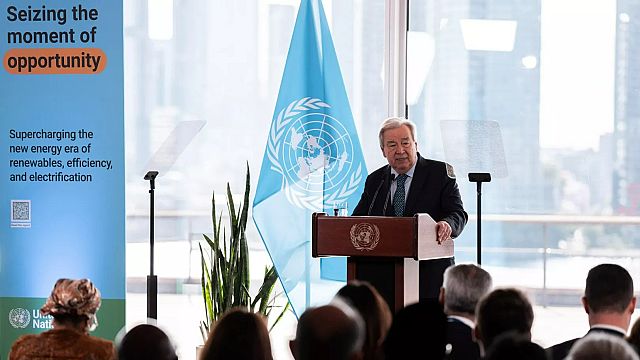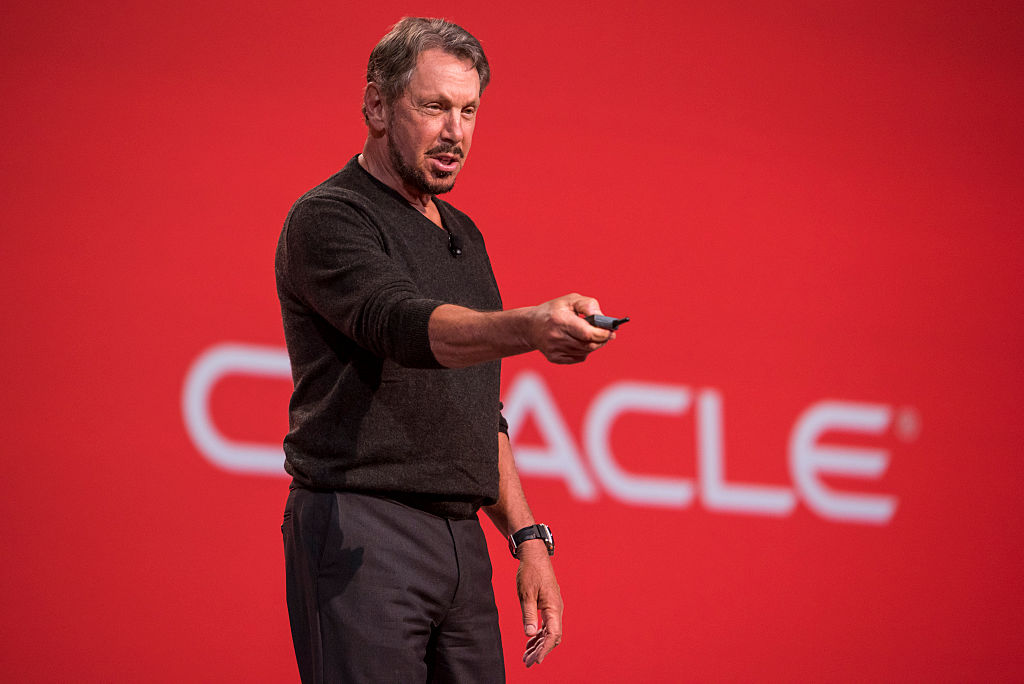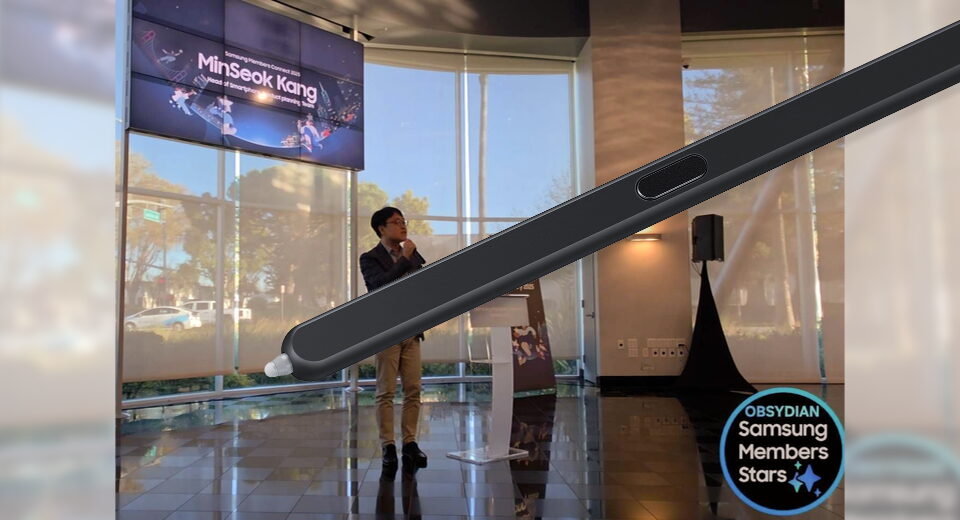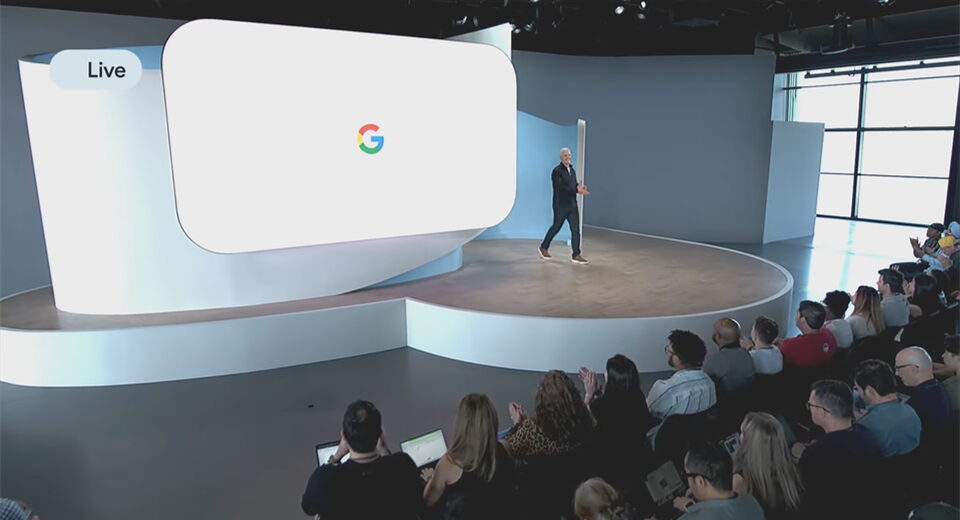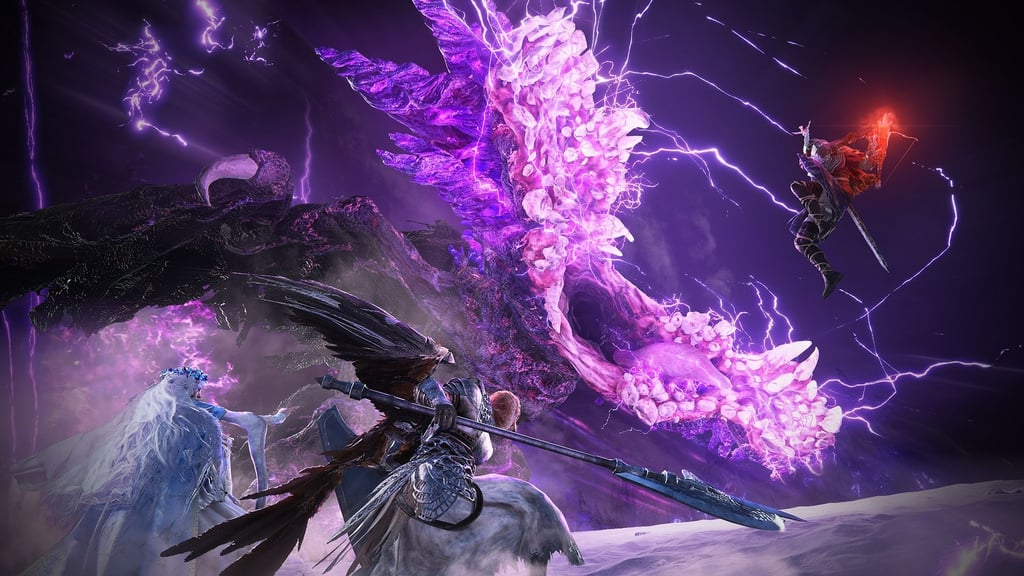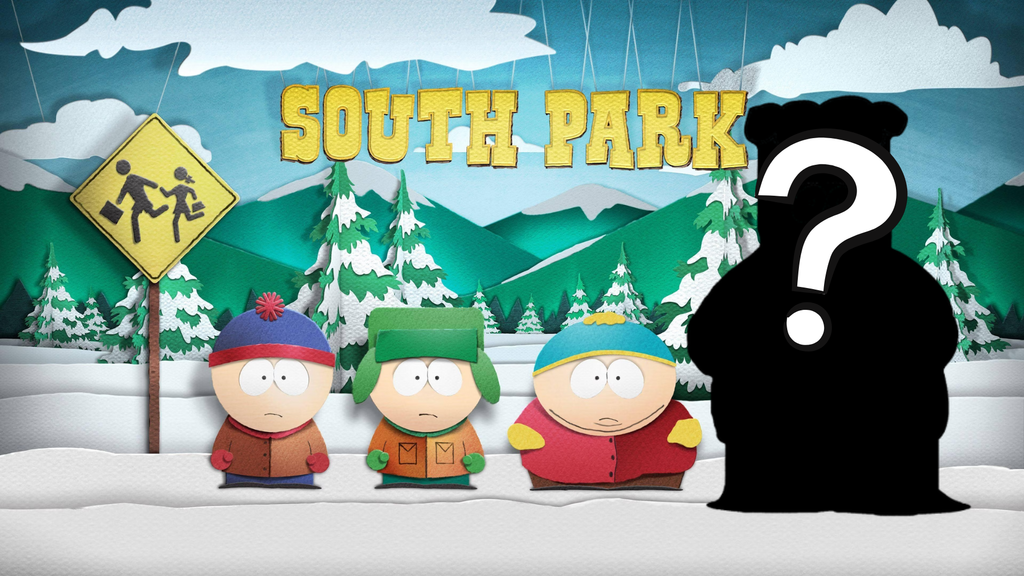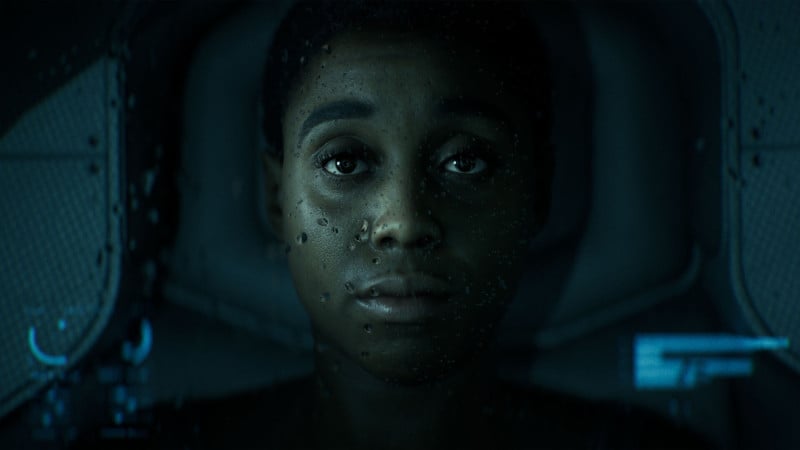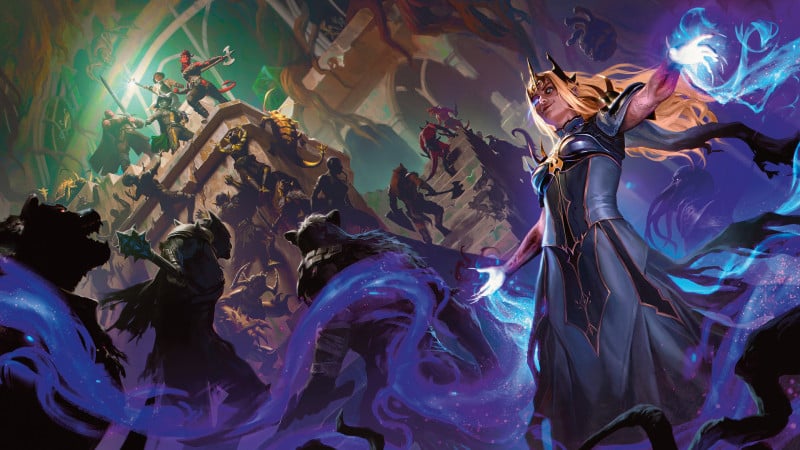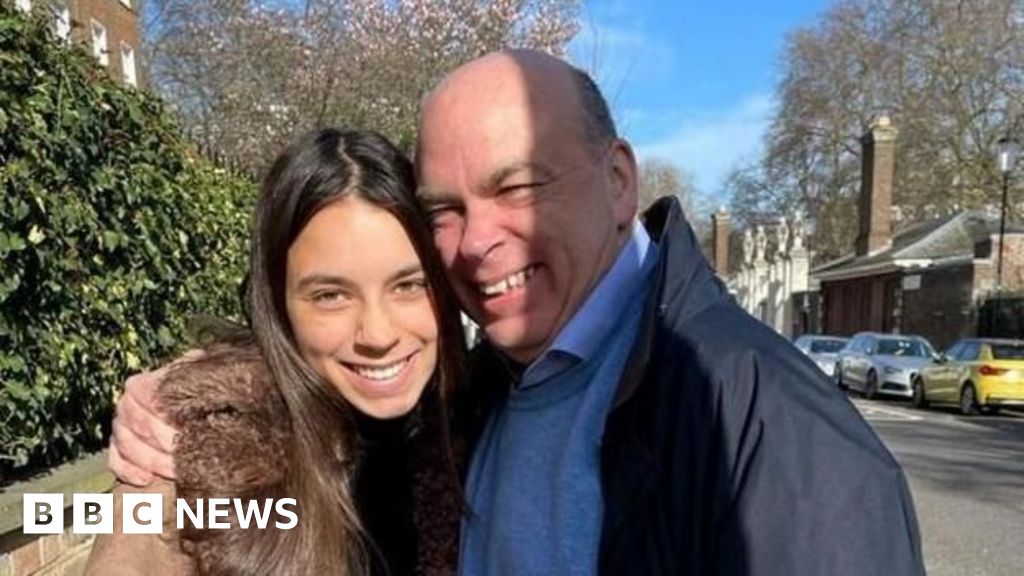Compression culture is making you stupid and uninteresting

Recently, I posted about a fiction book that changed my life. Within minutes, the replies flooded in: "can u pls summarize?" "what's the main point?" "tldr?"
And I responded. But I felt frustrated.
Because it felt like asking someone to summarize a kiss. Like requesting the bullet points of grief. Like demanding the key takeaways about laughing until your stomach hurts.
Of course, I'm a dramatic person. And this was, perhaps, a dramatic frustration. But this isn't just about books. This compression sickness has infected everything.
We've created a culture that treats depth like inefficiency. One that wants love without awkwardness, wisdom without confusion, transformation without the growing pains that crack us open and rebuild us from the inside out. And in doing so, we've accidentally engineered away the most essentially human experiences: the productive confusion of not knowing, the generative power of sitting with difficulty, the transformative potential of things that resist compression.
once, humans had no choice but to sit with complexity
Before the printing press, before radio, before the internet, information was scarce and precious. You listened to the wandering storyteller for hours because there was no other entertainment. You sat through the entire religious service because there was no highlight reel. You absorbed the full apprenticeship because there was no YouTube tutorial.
For centuries, communities gathered around the fire to hear the same saga recited for the hundredth time. The listeners didn't grow impatient with the familiar opening formulas, the elaborate genealogies, the detailed descriptions of weapons and weather. They understood that repetition wasn't redundancy, but ritual! And each telling was both the same story and a completely new experience, shaped by the particular moment, the specific voices, the quality of attention brought to bear.
I think about my grandmother, who tells me the same story about her childhood in Rajasthan and makes me cry every time. Not because the story changes, but because she does. Because I do. Because the telling is alive, shaped by whatever grief or joy we've carried into that particular afternoon. There's no fast-forward button on her voice. No way to skip to the "good part" or extract the lesson. You have to sit there on the scratchy couch, smell the chai bubbling in the kitchen, watch her hands move as she speaks, let the story work its way through you like medicine you didn't know you needed.
The oral tradition understood that meaning emerges not from the extraction of key points but from the total immersion in the telling. The Homeric epics weren't designed to be summarized, but designed to be lived through. Medieval monks spent years copying manuscripts by hand, and yes that was “inefficient,” but the act of transcription was itself a form of meditation, a way of letting the text work its changes slowly through the scribe's consciousness! The copying was the reading. The labor was the learning.
The early universities (Bologna, Paris, Oxford) were built around the radical idea that complex ideas required communal struggle. Students and masters gathered for disputations that could last hours, wrestling with questions that had no easy answers.
Knowledge wasn't something you collected but something that collected you; reshaping your thoughts, your questions, your very way of being in the world.
But somewhere along the way, perhaps with the rise of industrial efficiency, perhaps with the commodification of education, perhaps with the acceleration of information capitalism, we began to mistake information for knowledge, and knowledge for wisdom. We began to believe that the value of an experience could be separated from the experience itself, that the essence of things could be extracted and consumed like vitamins, leaving the rest behind as waste.
This compression culture doesn't just change how we think, but I argue it changes what we expect from every aspect of human experience! We've trained ourselves to believe that complexity can always be whittled down, that difficulty can always be optimized away, that transformation should be instant and effortless.
Watch how this plays out beyond the realm of ideas. Every day, I see folks fantasizing about their dream body while resenting the daily grind of showing up to the gym when motivation has long since abandoned them. I see myself wanting the mastery without the months of playing the same scales badly, fingers fumbling over notes that refuse to cooperate. I see people craving deep friendship without being willing to sit through the awkward years of learning how to be vulnerable with another person, of showing up consistently even when it's inconvenient.
We want the wisdom without the patient work of becoming wise.
The same brain that begs for bullet points also craves the magic pill for discipline, the secret formula for confidence, the productivity hack that will finally, finally make you into the person you think you should be without all that tedious becoming. We've built temples to the lie that you can skip the line on your own life, that growth is just another thing you can Amazon Prime to your doorstep.
But you can’t download courage like an app update, you can’t install comfort like new software, you can’t debug your character flaws with a simple restart. We are not machines, and the messy work of becoming can't be automated away, no matter how many gurus promise you it can.
The things that matter most — love, wisdom, skill, character — resist compression for the same reason great literature does. They exist in their full particularity, in the accumulation of small moments, in the patient repetition that looks like nothing from the outside but is everything on the inside. The athlete knows that strength comes from the ten-thousandth repetition, not the first. The parent knows that trust builds through bedtime stories read with the same enthusiasm for the hundredth time. The artist knows that mastery emerges from the willingness to fail beautifully, repeatedly, until failure teaches you something failure alone can teach.
compression changes the compressor
Every time you choose the summary over the story, you're performing surgery on your own brain. You're cutting away the neural pathways that let you sit still, that let you stay curious, that let mystery work its slow magic on your bones. You become a creature of surfaces, skimming endlessly across the water but never learning to breathe underwater. Your attention fractures into a thousand glittering pieces, each one catching light but none deep enough to hold it. You're always arriving but never staying, always grasping but never being grasped back.
Linda Stone, who spent years inside Apple and Microsoft watching this happen, gave this condition a name: "continuous partial attention."But naming the disease doesn't cure it.
Once a week, someone breathlessly tells me, "Oh my god, I read this article that said..." But what they mean is they watched a 30-second TikTok or skimmed a headline while scrolling through their feed. They think they've "read" something when they've consumed the intellectual equivalent of cotton candy: all sugar, no substance, dissolving the moment it hits their tongue. They're gorging themselves on clickbait headlines designed to trigger, not inform… each one a perfect little lie that promises understanding while delivering only the emotional rush of feeling informed.
I think this can be worse than ignorance. It's the illusion of knowledge coupled with the confidence that comes from thinking you understand something you've never actually encountered. These people walk around armed with headlines masquerading as insights, ready to deploy half-digested talking points in conversations that require actual thought. They've become human echo chambers, amplifying signals they never bothered to decode.
The tragedy isn't that they don't know things. No. It's that they don't know they don't know things. Compression culture has trained them to mistake the map for the territory, the summary for the experience, the headline for the whole damn story.
And when we consistently interrupt deep thinking to seek the next summary, the next highlight, the next compressed insight, we strengthen the neural pathways associated with distraction while allowing those responsible for sustained concentration to atrophy.
Compression culture rewires your body, too. Not just your brain. Notice how you read now: shoulders hunched like a predator ready to pounce on the next piece of information, breath shallow and rapid as if oxygen itself were scarce, eyes darting frantically across screens like a rat in a maze searching for the cheese of instant gratification. Your nervous system lives in a constant state of low-grade panic, flooded with cortisol, always seeking the next summary, the next shortcut, the next escape from the discomfort of not knowing.
Neuroscientist Adam Gazzaley's research reveals a fundamental mismatch: our brains have simply not evolved fast enough to keep pace with the rapid transformations of our information environment. Gazzaley's studies document how "multisensory information floods our brain like water blasted from a firehose, challenges us at a fundamental level." His lab has demonstrated that this constant demand for rapid information processing literally reshapes our neural architecture. The brain regions responsible for sustained attention and deep focus show measurably reduced activity when we continually interrupt focused work to seek external stimulation.
Meanwhile, the parts of our brain associated with quick pattern recognition and rapid categorization strengthen. We become excellent at sorting information into familiar categories but lose the capacity to sit with complexity, to create new frameworks, to tolerate the discomfort of things that don't fit existing patterns. As Gazzaley explains, when we switch between different information streams, "there is what we call a cost. There is a loss of some of the high-resolution information that has to be reactivated."
We're changing our capacity for the kinds of deep thinking that allow us to be transformed by complex encounters with the world.
the demand for summaries didn’t emerge in a vacuum
It's the logical endpoint of an attention economy that treats human focus as a finite resource to be optimized and monetized. If attention is scarce, then efficiency becomes the highest value. If time is money, then anything that takes time without producing measurable output becomes waste.
Social media platforms discovered they could capture more attention by providing rapid-fire bursts of information rather than sustained engagement with complex ideas. Facebook’s algorithm doesn't reward posts that make you think deeply… it rewards posts that make you react quickly.
And of course, we've built an entire economy around compression! Bloggers get clicks for "5 Key Takeaways" while deep exploration of messy complexity gets ignored. Podcasters are celebrated for "actionable insights" while wandering conversations that might actually lead somewhere unexpected are dismissed as waste. Authors are strong-armed into chapter summaries and bullet points because we've trained readers to demand the intellectual equivalent of fast food.
The result is a race to the bottom of human attention, where the most successful content is the most easily digestible, the most quickly consumed, the most immediately useful.
We've built a culture that worships efficiency over depth, optimization over exploration, answers over the sacred act of questioning.
the phenomenology of the pause
But some things can only be learned slowly. Some truths can only be encountered in their natural habitat of complexity and contradiction. Some transformations can only happen when you're willing to sit with the full weight of what you don't yet understand.
Consider the humble "um." Linguist Nicholas Christenfeld's research reveals that these so-called "disfluencies" aren't errors at all, but cognitive markers of a mind wrestling with complexity in real time. When someone says "um," they're not failing to communicate efficiently. They're doing the sacred work of translating thought into language, of hunting for the precise word that will carry their meaning across the impossible gap between minds.
But we've declared war on the "um"s and "uh"s. Podcast editing software now automatically strips them out like surgical scars, erasing the beautiful evidence that thinking is hard, that good ideas are born from struggle, that the most profound insights often arrive wrapped in hesitation and doubt. We've created the dangerous illusion that complex thoughts emerge fully formed from human heads, that wisdom arrives without the labor of searching.
There is something almost heartbreaking about this erasure. In our pursuit of efficiency, we've edited out the sound of minds at work… the pauses where meaning crystallizes, the stammers where honesty overwhelms artifice, the silences where understanding deepens. We've made thinking look effortless when effort is precisely what makes it sacred.
Philosopher Martin Heidegger wrote about the critical importance of "dwelling," which is the practice of remaining present with something long enough to let it reveal itself fully. In his 1955 "Memorial Address," he distinguished between what he called "calculative thinking," which "computes ever new, ever more promising and at the same time more economical possibilities" and seeks to extract useful information, and "meditative thinking," which "does not just happen by itself" but requires us to "dwell on what lies close and meditate on what is closest" and allows itself to be transformed by encounters with mystery.
We've become a civilization of calculative thinkers, brilliant at extraction but tragic at dwelling. We want to know what Interstellar is "about" without sitting through the slow burn of its revelation. We want to understand what makes a marriage work without doing the daily, undramatic work of loving someone through their worst Tuesday.
We want the wisdom without the wondering, the insight without the sitting, the transformation without the time.
It does not work this way.
What's Your Reaction?
 Like
0
Like
0
 Dislike
0
Dislike
0
 Love
0
Love
0
 Funny
0
Funny
0
 Angry
0
Angry
0
 Sad
0
Sad
0
 Wow
0
Wow
0






